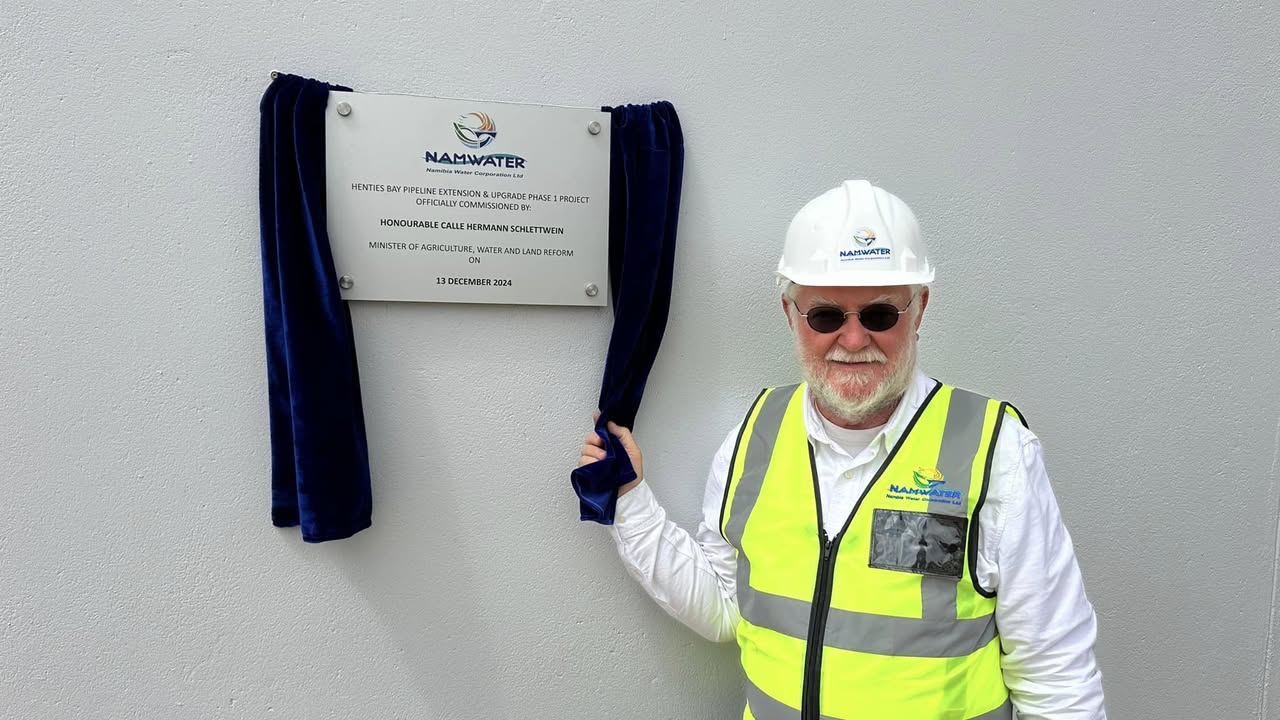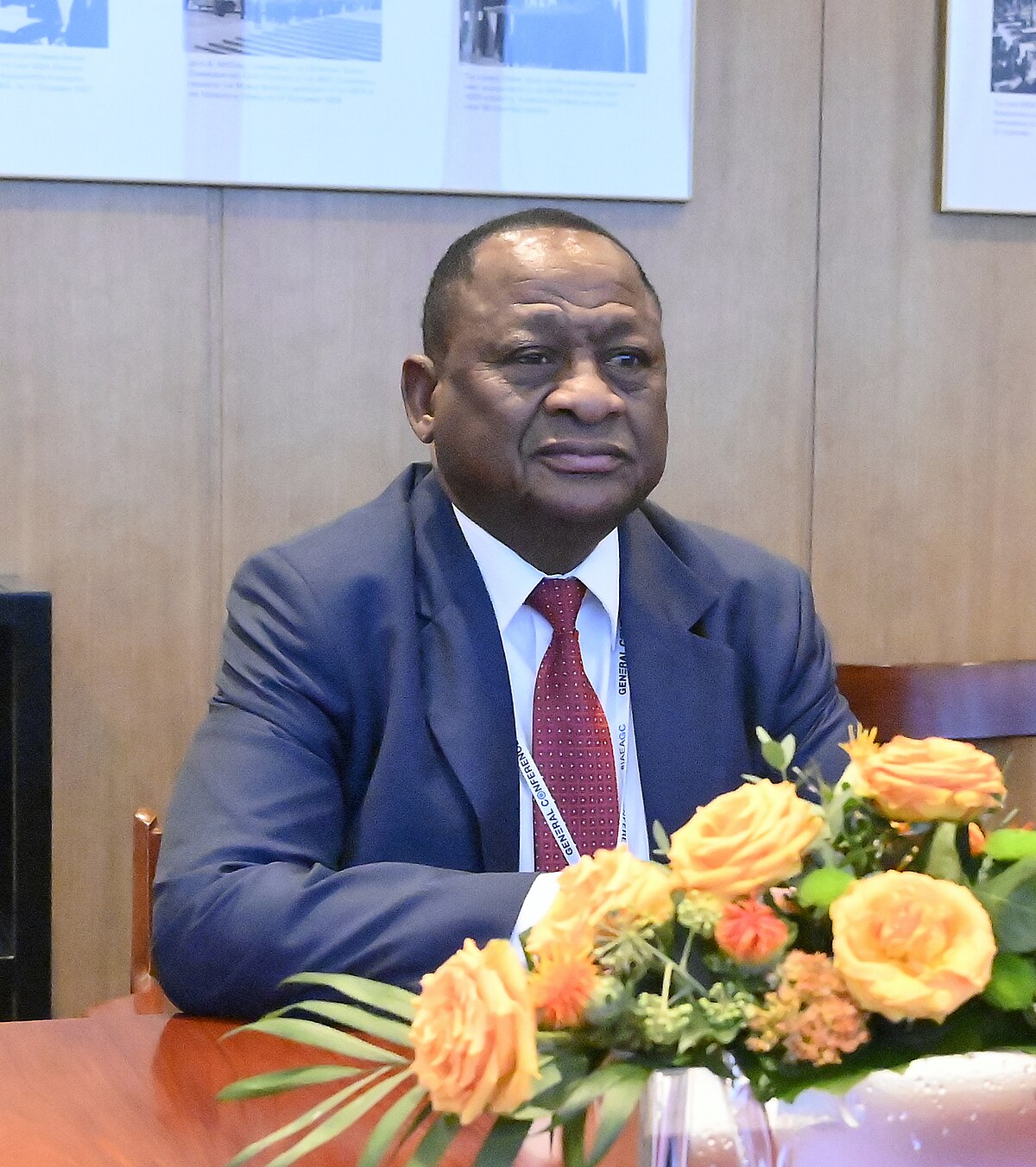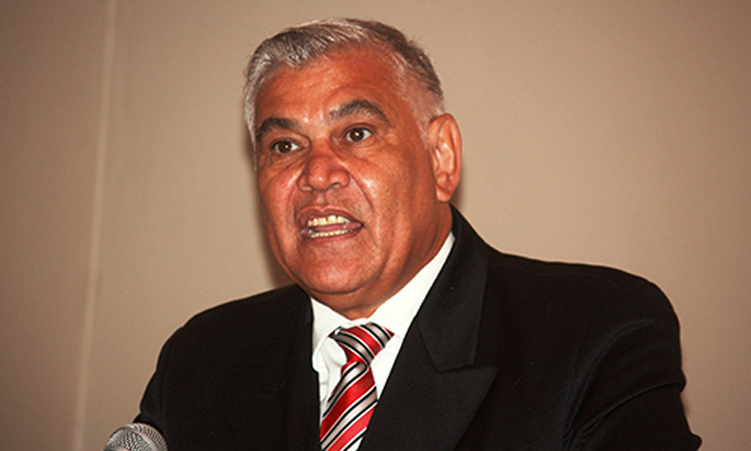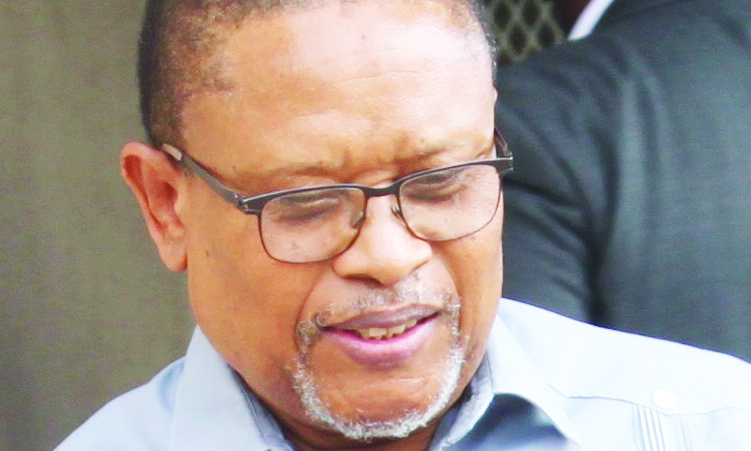NAMIBIA is currently hosting the 10th annual general meeting of the Africa Regional Certification Commission (ARCC), at which the country, along with Burkina Faso, Eritrea, Liberia, Madagascar and Mali, will submit documentation for a polio-free status.
The Polio-Free Certification Standard is given to countries that have no indigenous wild poliovirus circulating in the country for at least three years. To date, 21 African countries have been accepted as polio-free under these criteria, and only one – Nigeria – still has the poliovirus circulating.Poliomyelitis is a highly infectious disease caused by a virus that invades the nervous system, and can cause total paralysis in a matter of hours, and mainly affects children under the age of five.The disease has no cure, but can be prevented through polio vaccine given multiple times during childhood.According to Dr Magda Robalo, the WHO Country Representative, “Namibia has been able to maintain the certification standard surveillance for the last six years and maintained over 80 per cent immunisation coverage for an even longer period of time through routine immunisation and Annual National Immunisation Days.”She pointed out, however, that a significant challenge for Namibia in completely eradicating polio is “the repeated importations of wild poliovirus from India into Angola, with subsequent spread to neighbouring countries”.Robalo added that the low population immunity in Angola and the Democratic Republic of Congo has continued the transmission of polio in these countries.Health Minister Dr Richard Kamwi added that Namibia has a track record of 20 days for responding effectively to polio importation, but cautioned against becoming complacent, stating that “improving routine immunisation coverage at national and sub-national levels must remain a high priority”.Kamwi, who officially opened the meeting yesterday, further highlighted the need to “focus on innovative and effective strategies to ensure that all susceptible children are reached and vaccinated, ensure that our communities accept and fully participate in all the efforts applied by government and its partners, and strengthen surveillance systems to the extent that we will be able to timely detect imported cases and effectively respond to and contain them”.”We need to achieve our Vision 2030 and build a Namibia that fulfils the needs, rights and aspirations of our children and that enables them to live and thrive so that they may achieve their fullest potential,” he said.During this week’s meeting, the commission will have detailed discussions with each of the country teams present.Even after countries have received polio-free certification, they are still required to prove to the ARCC that these standards are maintained through annual updates.To date, 21 African countries have been accepted as polio-free under these criteria, and only one – Nigeria – still has the poliovirus circulating.Poliomyelitis is a highly infectious disease caused by a virus that invades the nervous system, and can cause total paralysis in a matter of hours, and mainly affects children under the age of five.The disease has no cure, but can be prevented through polio vaccine given multiple times during childhood.According to Dr Magda Robalo, the WHO Country Representative, “Namibia has been able to maintain the certification standard surveillance for the last six years and maintained over 80 per cent immunisation coverage for an even longer period of time through routine immunisation and Annual National Immunisation Days.”She pointed out, however, that a significant challenge for Namibia in completely eradicating polio is “the repeated importations of wild poliovirus from India into Angola, with subsequent spread to neighbouring countries”.Robalo added that the low population immunity in Angola and the Democratic Republic of Congo has continued the transmission of polio in these countries.Health Minister Dr Richard Kamwi added that Namibia has a track record of 20 days for responding effectively to polio importation, but cautioned against becoming complacent, stating that “improving routine immunisation coverage at national and sub-national levels must remain a high priority”.Kamwi, who officially opened the meeting yesterday, further highlighted the need to “focus on innovative and effective strategies to ensure that all susceptible children are reached and vaccinated, ensure that our communities accept and fully participate in all the efforts applied by government and its partners, and strengthen surveillance systems to the extent that we will be able to timely detect imported cases and effectively respond to and contain them”.”We need to achieve our Vision 2030 and build a Namibia that fulfils the needs, rights and aspirations of our children and that enables them to live and thrive so that they may achieve their fullest potential,” he said.During this week’s meeting, the commission will have detailed discussions with each of the country teams present.Even after countries have received polio-free certification, they are still required to prove to the ARCC that these standards are maintained through annual updates.
Stay informed with The Namibian – your source for credible journalism. Get in-depth reporting and opinions for
only N$85 a month. Invest in journalism, invest in democracy –
Subscribe Now!






